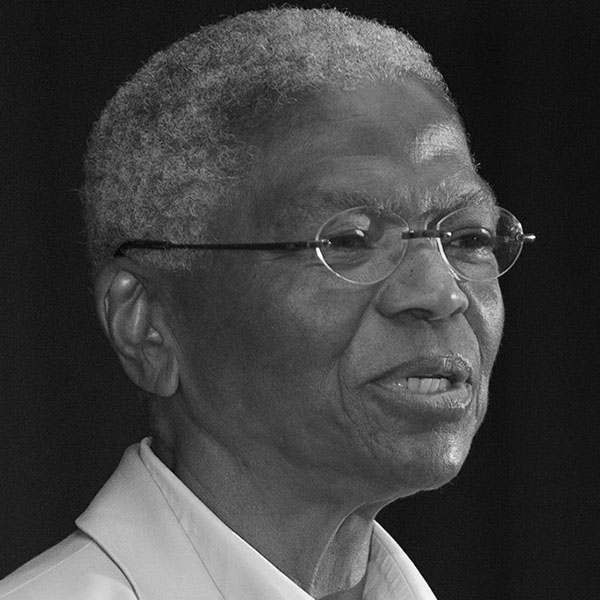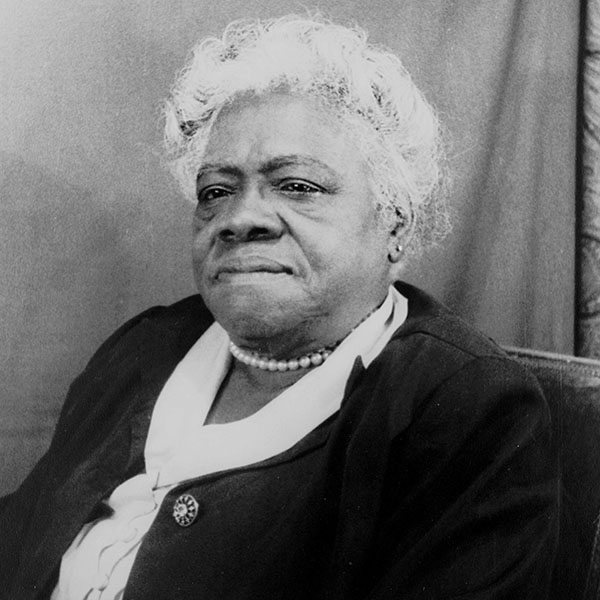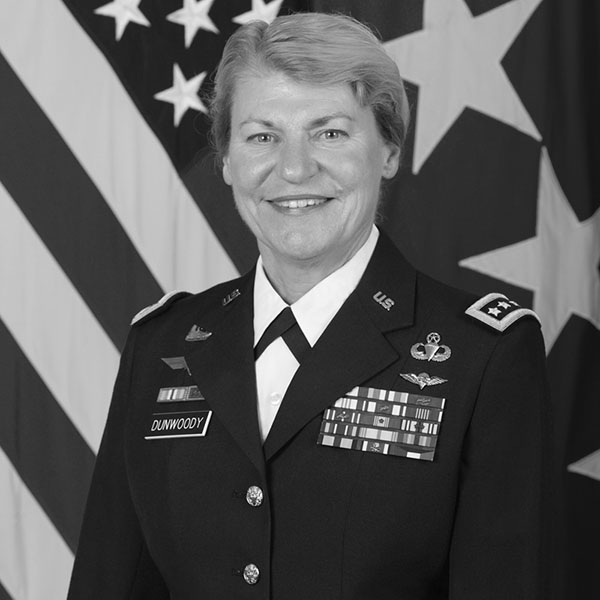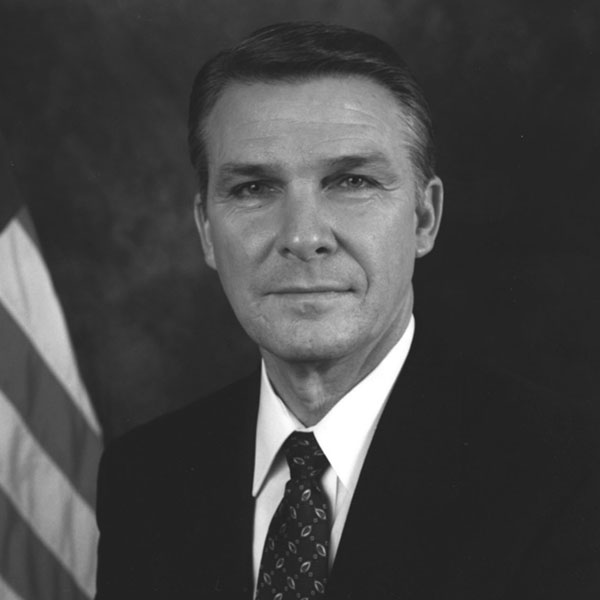Announcing the 2024 Government Hall of Fame Inductees!
Government Hall of Fame Inductees


Mary Frances Berry
Mary Frances Berry
Berry, a historian, academician and civil rights activist, was nominated as assistant secretary for education in the Health, Education, and Welfare Department by President Jimmy Carter in 1977. She was the first Black woman to serve in the role. Three years later Carter appointed her to the U.S. Commission on Civil Rights. During her long tenure at the agency, she took on President Ronald Reagan, who tried to dismiss Berry. She sued to keep her seat and won. In 1993, Berry became the commission's chairperson and when she left in 2004, Berry said she “had served the commission well and will be remembered as doing such.” The historian is the Geraldine R. Segal Professor of American Social Thought, History and African Studies at the University of Pennsylvania.


Mary McLeod Bethune
Mary McLeod Bethune
An educator and political organizer, Bethune participated in a White House Conference on Child Welfare and Housing, serving as an advisor to President Calvin Coolidge. She was later appointed to the National Child Welfare Commission by President Herbert Hoover. Bethune was one of the first directors of a federal agency and the highest ranking Black woman in government when she served as director of Negro Affairs of the National Youth Administration under President Franklin D. Roosevelt. Bethune also organized and led the “Black Cabinet,” a group of federal employees who served as unofficial advisors to Roosevelt on issues facing Black Americans. The group’s work laid the foundation for the civil rights movement. Bethune served as special assistant to the secretary of war and was part of the advisory board that in 1942 created the Women’s Army Corps, and she fought to make sure it was diverse. Bethune attended the founding conference of the United Nations in 1945, and represented President Harry S. Truman in Liberia.


Ann E. Dunwoody
Ann E. Dunwoody
Retired Gen. Ann E. Dunwoody’s 38-year military career began as a platoon leader at Fort Sill, Okla., and would include serving as the Parachute Officer, 82nd Airborne Division; strategic planner for the Chief of Staff of the Army; executive officer to the director, Defense Logistics Agency; and deputy chief of staff for Logistics G-4. She was the first woman to lead a battalion for the 82nd Airborne Division, the first woman to serve as general at Fort Bragg and the first woman in the history of the U.S. to achieve a four-star general rank. Dunwoody led the push to integrate women into the Regular Army after the disestablishment of the Women’s Army Corps 1978 and received many awards, including the Distinguished Service Medal and the Defense Superior Service Medal before retiring in 2012.


Gregory L. Robinson
Gregory L. Robinson
Gregory Robinson, a 33-year NASA veteran, is renowned for turning around the James Webb Space Telescope program, once over budget and behind schedule, into a 21st-century success. His leadership earned him recognition, including TIME Magazine's 100 Most Influential People of 2022 (alongside Apple CEO Tim Cook and Ukrainian President Volodymyr Zelensky) and the TIME100 Impact Award. Throughout Robinson’s career, he held key roles – from deputy associate administrator for programs at the NASA Science Mission Directorate, overseeing 114 science flight missions, to deputy center director of the John H. Glenn Research Center to deputy chief engineer to director of the James Webb Space Telescope Program. Robinson received prestigious awards including NASA Presidential Rank Distinguished Executive, the Presidential Rank Meritorious Senior Professionals and Executives Award and 2022 Federal Employee of the Year, NASA Distinguished Service Medal 2022. When he retired in 2022, Robinson reflected on his fulfilling career dedicated to public service: “This was a dream career at an agency that allows you to reach for new heights so that we can reveal the unknown for the benefit of all humanity.” Robinson holds degrees in Mathematics, Electrical Engineering and Business Administration as well as multiple honorary doctorates and currently shares his expertise as a lecturer at Columbia University.


James Lee Witt
James Lee Witt
This former FEMA director worked his way up through state government ranks, serving as head of emergency services in Arkansas before being tapped to helm the federal agency in 1993 by President Clinton. Witt used his Arkansas experience to turn FEMA around, managing 348 presidentially declared disasters during his tenure, and seeing FEMA elevated to Cabinet-level in 1996. After leaving the federal government Witt advised the governor of Louisiana after Hurricane Katrina and helped shape the state’s recovery for over 10 years. He also advised the CEO of BP following the devastating Deepwater Horizon oil spill. He was called upon by New Jersey’s governor following Superstorm Sandy and assisted in their recovery efforts for 5 years. Witt now runs AG Witt, a premier disaster preparedness, response, recovery and mitigation consulting firm.
